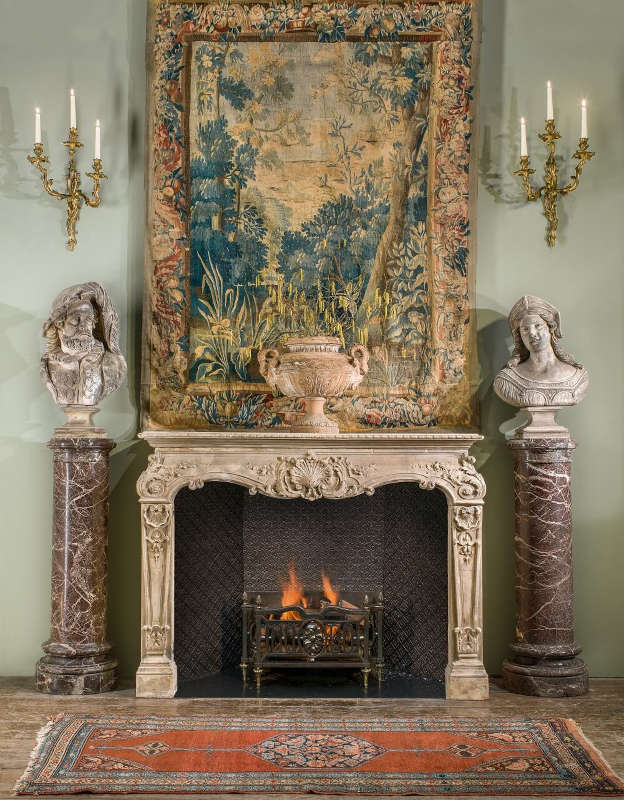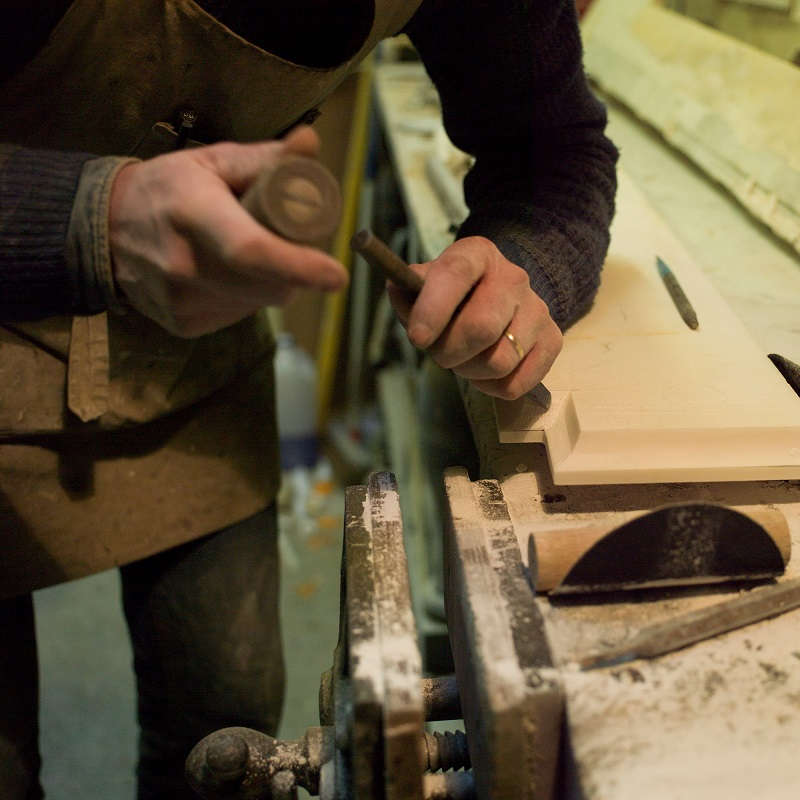This article covers how to become an antique dealer and turn your passion into a part-time or even full-time job!
We’ll share some advice around buying and selling antiques, as well as researching and caring for them.
A good starting point is getting some experience any way you can, to see for yourself how to become an antique dealer in the UK and whether it’s something you’ll enjoy long-term.
Use any contacts you have and ask around to see if someone needs a volunteer or some ad hoc support.
In general, don’t be afraid to ask other dealers for advice - you’ll quickly find it’s a very welcoming community. Antique dealers, many with decades of experience, will be happy to share their expertise.
Buying
You could buy antiques from showrooms, auctions, markets, private sellers and fairs
To start building up your collection, use a wide range of sources. You could buy antiques from showrooms, auctions, markets, private sellers and fairs.

× 
Read our list of all the antique fairs in the UK this year.
Watch out for fakes and only buy from BADA, CINOA or LAPADA members to ensure good quality. For more tips, take a look at our beginner’s guide to buying antiques.
Arrive early and bring cash. Never be afraid to haggle on price - the art of negotiation is a very important skill to pick up when you’re learning how to become an antique dealer.
When buying antique furniture, look for a name if there is one, as well as making sure you check for damage, replacements and how the piece is held together.
While you’ll find great antiques online, some of the best bargains are out there in small towns and villages all over the UK - you could even go abroad!
Selling
Before spending large sums of money, try selling a few pieces on online platforms first
Before spending large sums of money, try selling a few pieces on online platforms first.
This will tell you if you have a good eye and can make a profit! It’s an important early step to take when learning how to become an antique dealer.
You’ll need to accurately value your items. You could use an online price guide - Kovels is the most respected - or visit antique shops to compare your piece to others.
Read our guide to getting the best deal and find out where to sell your antiques.
Research
Your collection should reflect your style and interests
Your collection should reflect your style and interests, whether that’s smaller decorative items or larger antique fireplaces.
This way, you’ll have more knowledge about what you’re buying and selling.
Doing your own extra research on top is important too - it will add value and give your customers confidence that they’re buying authentic antiques from a trustworthy seller.
Here’s a comprehensive list of research websites you may find useful.
Otherwise, see what comes up when you search for your antique on Google - local libraries may also have a reference book with the information you need.

× 
Care
Safe transport for fragile items is vital
A less obvious aspect to consider when thinking about how to become an antique dealer is the importance of caring for your items.
Safe transport for fragile items is vital, as is keeping your antiques away from direct sunlight and out of cold, dark rooms to avoid moisture and mould.
Dust regularly and polish correctly. Here are the crucial things to watch out for when caring for antique furniture.
If you know what you’re doing, the ability to take on minor restoration work yourself is a useful skill to have in the world of antique dealing. If in doubt though, it’s not worth making an expensive mistake, so bring in the experts!
Final thoughts: how to become an antique dealer
We hope you found our tips for how to become an antique dealer useful.
Joining one of the aforementioned dealers’ associations is a good way to meet other antique community members and accelerate your journey into an enriching, fascinating world.
Our Willesden Green showroom is a great place for budding antique dealers to get started - why not get in touch with us or browse our collection online?